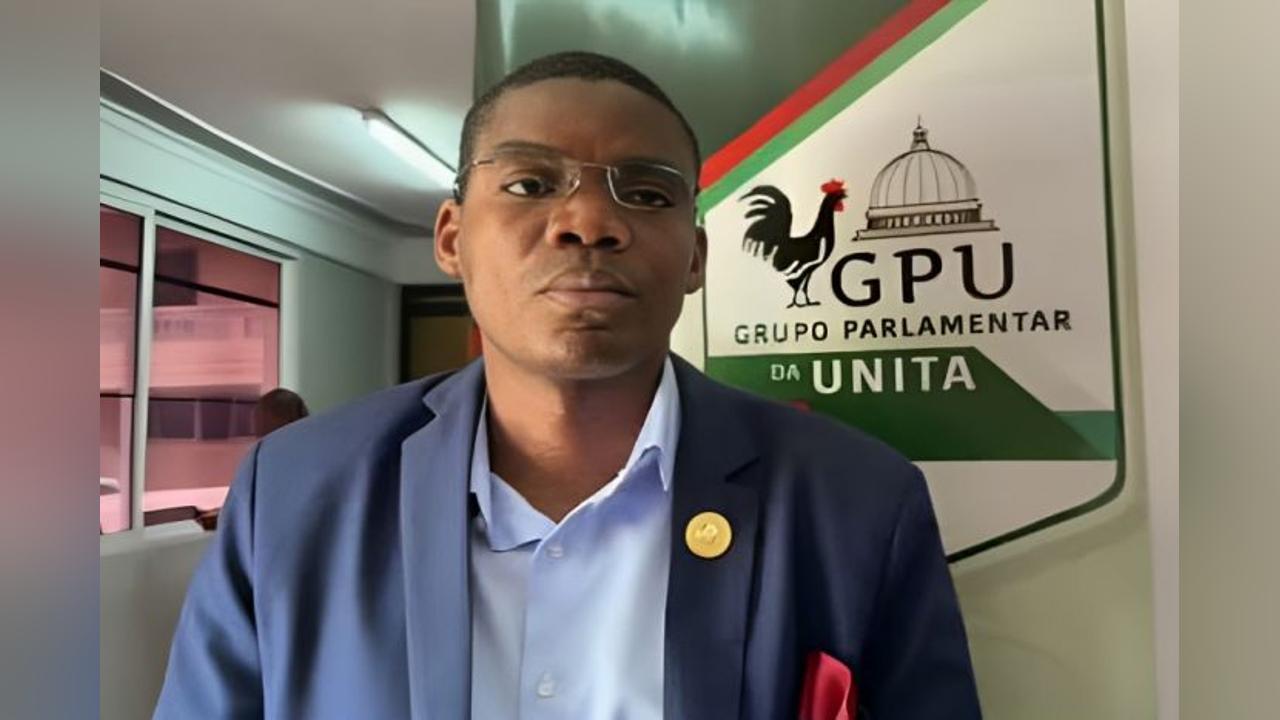Nuno Álvaro Dala
Africa-Press – Angola. Year 53, 1st century BC (BC). A Roman general had a fixed objective: to conquer the Parthians, a Persian people whose empire at the time occupied a considerable part of the Middle East (Iran, Iraq, Armenia, and others).
Leading seven legions, or 50,000 soldiers, he overconfidently relied on the numerical superiority of his troops. He abandoned Roman military tactics and attempted a simple attack. Eager to reach the enemy quickly, the general cut through a narrow, poorly visible valley. The valley’s exits were then occupied by the Parthians, and the Roman army was decimated. Almost all 50,000 men died, including the general.
The general’s name was Marcus Licinius Crassus (or Marcus Licinius Crassus in Latin). The expression “blunder” derives from his name. A gross error is called that because of the military stupidity of Marcus Licinius Crassus, immortalized in the speech of many peoples.In Angola’s political arena, several new political parties and their respective leadership members have committed the glaring error of politically opposing UNITA, when the normal approach would be to oppose the ruling MPLA. Whether through amateurism, revenge, naiveté, ignorance, desperation, or an anti-UNITA agenda, these parties and their leaders have been committing a glaring strategic error that constitutes political self-sabotage.
A political party is an association of individuals who, driven by a common ideology and political interest, aim to seize power to implement their social project. To achieve this objective, the party engages in systematic political and ideological discourse and a systematic course of action to garner the sympathy and acceptance of the electorate and exploit the governing party’s mistakes to its advantage. It must also identify allies in the opposition, parties with which it converges ideologically and politically. But then, can’t and shouldn’t an opposition party criticize another opposition party? Obviously, the answer is yes. You can and you should.The problem with the new parties and their leaders in Angola is that they have inverted the direction and variables of their political action: their systematic political-ideological discourse is directed against UNITA, and a whole systematic line of actions is carried out to target UNITA, notably countless attempts to co-opt or even buy its members.
An example of this inversion of direction and variables of political action is the criticism that “UNITA has been in opposition for 50 years,” also repeated by pocket commentators. However, such a discursive practice is tremendously irrational, as it reveals a brutal strategic drift. The cancer impeding Angola’s progress is called the MPLA – this is and should be the target of the political opposition.
General Marcus Licinius Crassus had one goal: to conquer the Parthian empire. He knew that, to do so, he had to apply the methods and techniques consecrated by the Roman military academy. But he did not do this. On the contrary, as we’ve seen, he abandoned Roman military tactics and attempted a straightforward attack. He cut through a narrow, poorly visible valley, and the Parthians sealed off the valley’s exits. Completely surrounded, the general and his men were killed.
Similarly, the parties and their leaders in question, according to their manifestos, aim to achieve power, but paradoxically, they fail to apply the methods and techniques enshrined in political science for their growth, penetration of the electorate, promotion of the leader’s image, opposition criticism of the ruling party, and dissemination of their social project. They waste precious time and energy attacking UNITA (on the rise), while the MPLA (in decline) sits back, contentedly watching a tragic film in which new parties and their leaders, who should be engaging in political opposition for change, instead attack UNITA. Meanwhile, the People are drawing their own conclusions for electoral purposes in 2027.
The new parties and their leaders, who, like rabid and unruly bulls, have been attacking UNITA, have been sabotaging themselves. If both the MPLA and the new parties and their leaders are fighting against UNITA, this solidifies the electorate’s (the People’s) conviction that, after all, the massive vote should indeed be for UNITA.On the other hand, these parties:
1 – Do not systematically respond to the MPLA’s governance errors and excesses through technically well-founded political discourse;
2 – Have not taken a position or submitted proposals for amendments to the Organic Law on General Elections, the Law on Official Voter Registration, and the Organic Law of the National Electoral Commission;
3 – Their presidents do not address the country in crisis situations, such as the tragic events of July 28-30, 2025, when dozens of Angolans died;
4 – Have not submitted proposals for amendments to the Law on Political Parties, the Law on Political Party Financing, or other bills currently being discussed and approved by the National Assembly;
5 – Do not publicly advocate for ongoing political pressure for the effective institutionalization of local government.
These and many other omissions, deficiencies and political inadequacies demonstrate that the new parties and their leaders, despite the latent potential to form political opposition for alternation with change, have opted for a tortuous path of self-sabotage, precisely by forming erratic opposition to UNITA, to the delight of the MPLA and to the crystallization of the certainty of millions of voters who, increasingly, believe that such anti-UNITA parties are mere satellites of the party in power.
For More News And Analysis About Angola Follow Africa-Press






